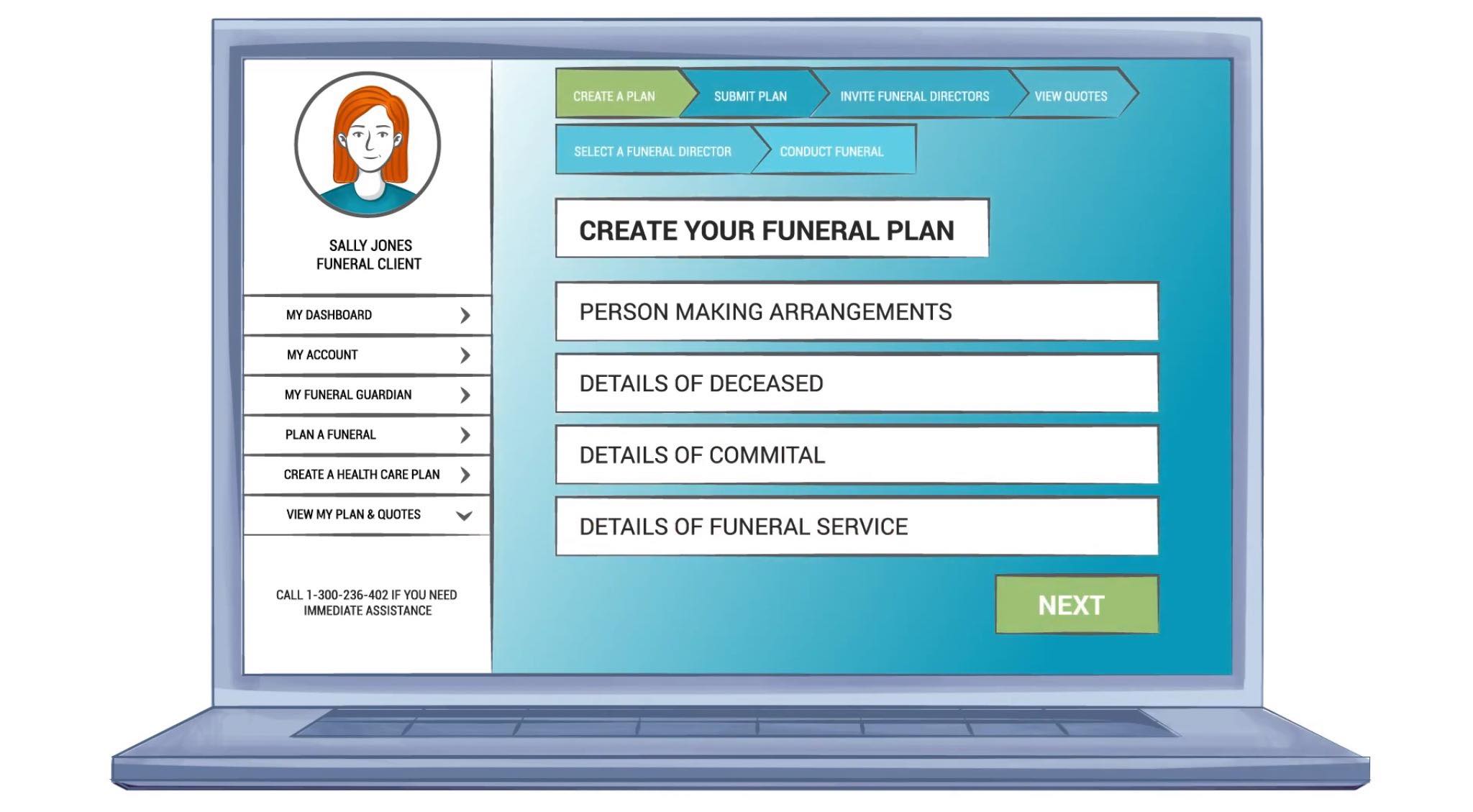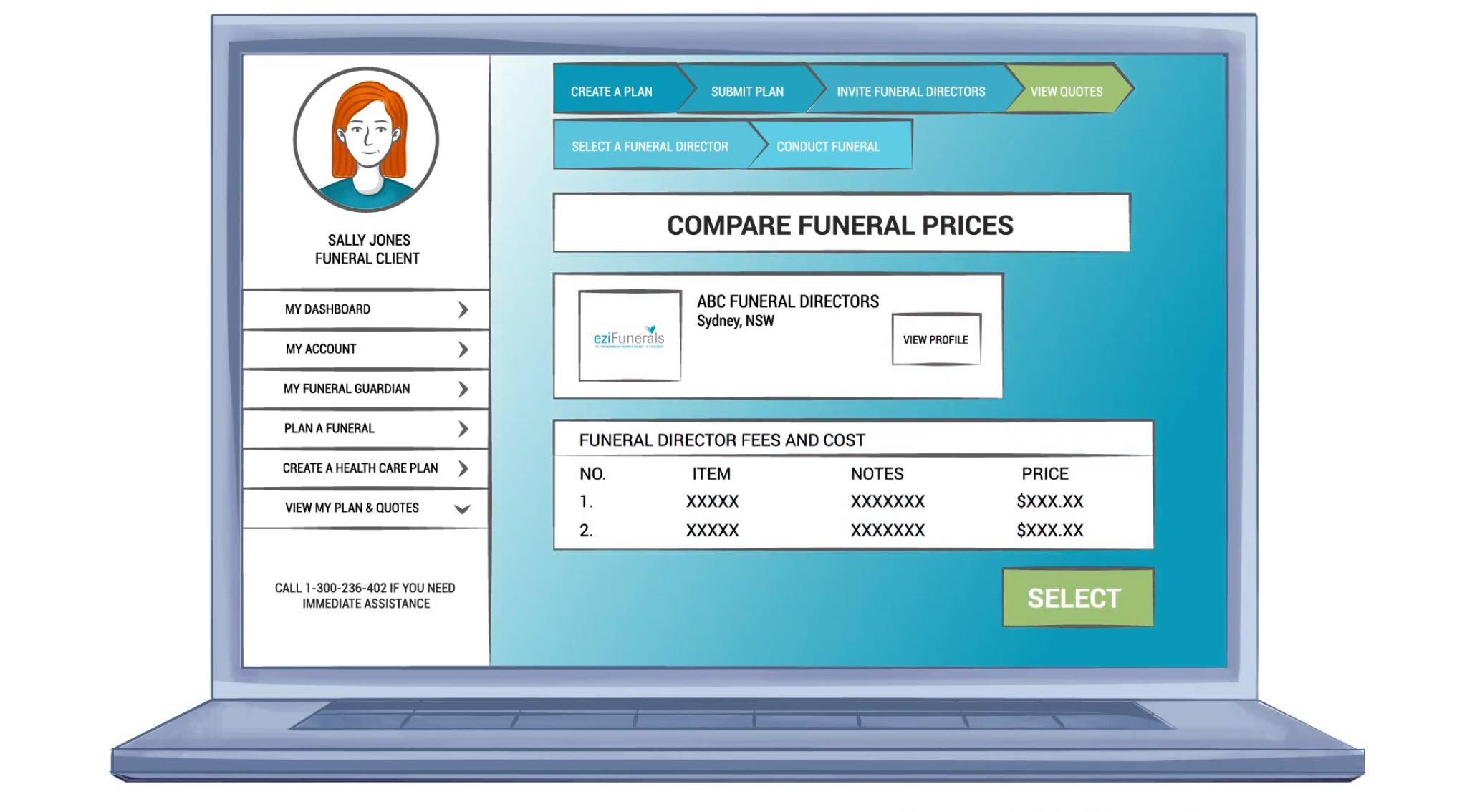An executor is a person appointed to oversee the management of an estate. They are usually named in the will of the person who has died. In most cases, this role is taken by a close family member or friend.
Before any of the estate can be divided, however, probate needs to be granted to the executor so they can legally conduct their duties.

What does an executor do?
Below are some of the most common responsibilities associated with being an executor or administrator of an estate:
- Notify beneficiaries of the will
- Manage the estate and protect all assets from damage
- Value the estate and create an inventory of property
- Obtain probate
- Ensure tax returns are complete and tax is paid
- Ensure all the estate’s taxes are paid before assets are distributed to the beneficiaries
- Distribute the estate in accordance with the will
- Set up trusts for beneficiaries who are under 18, or if instructions to do so are outlined in the will.
Renouncing the role of executor
If you have been identified as an executor in a loved one’s will and do not want to act in this role, you have the choice of renouncing the role. There is no legal obligation to act as an executor if you do not want to.
In order to relinquish the duties of an executor, you will have to complete the ‘Renunciation of Probate’ form and file it with the court. If possible you should do this before probate is granted, as it can be more difficult and time-consuming.
Removing an executor
If beneficiaries are dissatisfied with the actions of the executor, they can take steps to remove or substitute them. The beneficiary must apply to the court to have the executor removed.
Reasons for removing an executor include:
- Fraudulent behaviour
- Failing to administer the estate, either completely or in a timely manner
- Conflict of interests
The court will judge the circumstances of each individual case to determine whether there is sufficient reason to remove an executor from their duties.
If you are a beneficiary and want to have the executor of the will removed, it is highly advised to consult a specialist lawyer, as the process can be complex.
Need an Estate Planning Lawyer?
We understand that when someone dies, you will have a lot to deal with – especially if you’re responsible for managing the affairs of your loved one.
When the funeral is over, you may need to apply for the right to deal with your loved one’s estate: their property, money and possessions. Let us help.
If you need assistance, please contact our expert lawyers at Willed and get fixed priced options in one place. Speak to Willed legal experts to help you execute the will, obtain probate, letters of administration and gather the legal documents you need to protect you and the beneficiaries.

About eziFunerals
eziFunerals supports individuals and families cope with end of life decisions, death and funerals. We are an independent, Australian-owned and operated company. We are not part of any other funeral company.
Our member Funeral Directors operate in Sydney, Melbourne, Brisbane, Perth, Adelaide and Australia wide. Thet are chosen for their knowledge, quality, service, personalisation and experience. They go above and beyond, and will take the time to support the family.
For more information or to make contact with a trusted Independent funeral director, call eziFunerals on 1300 236 402 or visit www.ezifunerals.com.au.




